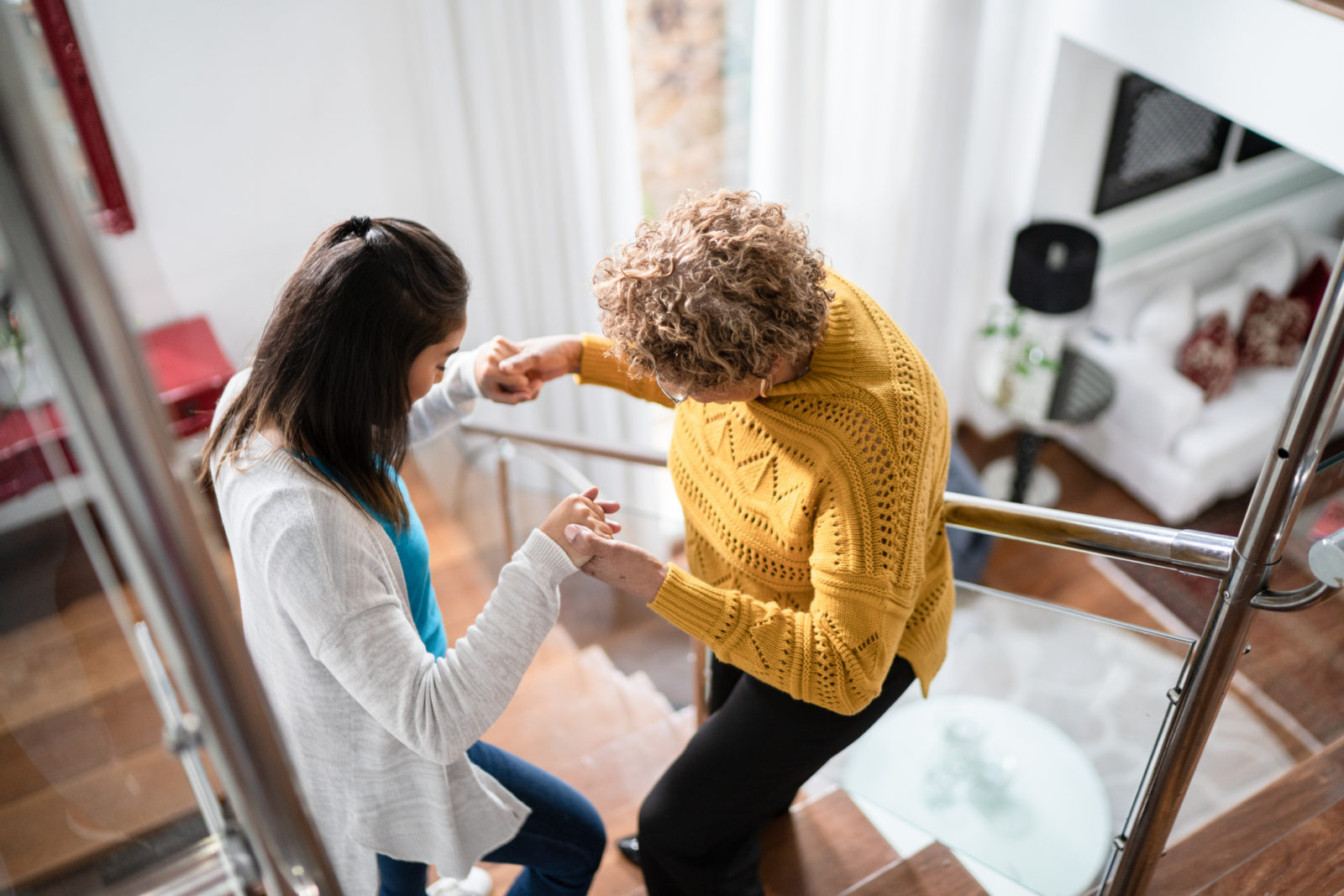How Older Adults Can Protect Themselves Against Falls

At your annual physical exam, your doctor may ask you, “Are you afraid of falling?” Your answer—and the doctor’s follow-up questions—can help the doctor uncover risk factors you may have for falling. Each year, 36 million falls occur among older adults aged 65 and older. Over 950,000 older adults are hospitalized because of a fall injury every year. Most hip fractures are caused by falling, and falls are the most common cause of traumatic brain injury-related deaths and hospital admissions.
It’s true that injuries from falls are more common as we age, for a variety of reasons. Contributing factors can include a lack of exercise, vision problems, and medication side-effects, among others. But falls are not a normal part of aging—they can be prevented.
The Centers for Disease Control and Prevention offers these simple steps you can take to keep yourself from falling and to stay healthy and independent longer.
Speak up
- Tell your doctor if you have fallen, if you feel unsteady when standing or walking, or if you are afraid you might fall.
- Ask your doctor or pharmacist to review the medicines you take. Some medicines might make you dizzy or sleepy, which can increase your risk of falling.
- Have an eye doctor check your eyes at least once a year and update your eyeglasses as needed.
- Have your doctor check your feet at least once a year. Discuss types of footwear that will reduce your risk of falling.
- Ask your doctor about health conditions like depression, osteoporosis, or hypotension that can increase your risk for falling.
Stay active
- Do exercises that make your legs stronger and improve your balance, like tai chi.
- Walk whenever you can—the same for taking the stairs.
- Ask your doctor what other types of physical activity would be good for you.
Make your home safer
- Remove trip hazards like throw rugs, and keep floors and stairs clutter free.
- Brighten your home with extra lighting or brighter light bulbs.
- Install grab bars in the bathroom(s)—next to the toilet and inside and outside of your bathtub or shower.
- Install handrails on both sides of staircases.
Our mission at LifeCare Advocates is to help our clients age well no matter where they’re living. If you’re committed to staying in your home as you age, we can help ensure your living spaces are safe and age friendly. In addition, our physical therapy program can evaluate your overall mobility and your fall risk, and work with you to create an action plan for improving your safety. Feel free to contact us for more information.
![LifeCare Advocates [logo]](https://www.lcadvocates.com/wp-content/uploads/sites/270/2017/11/logo.png)